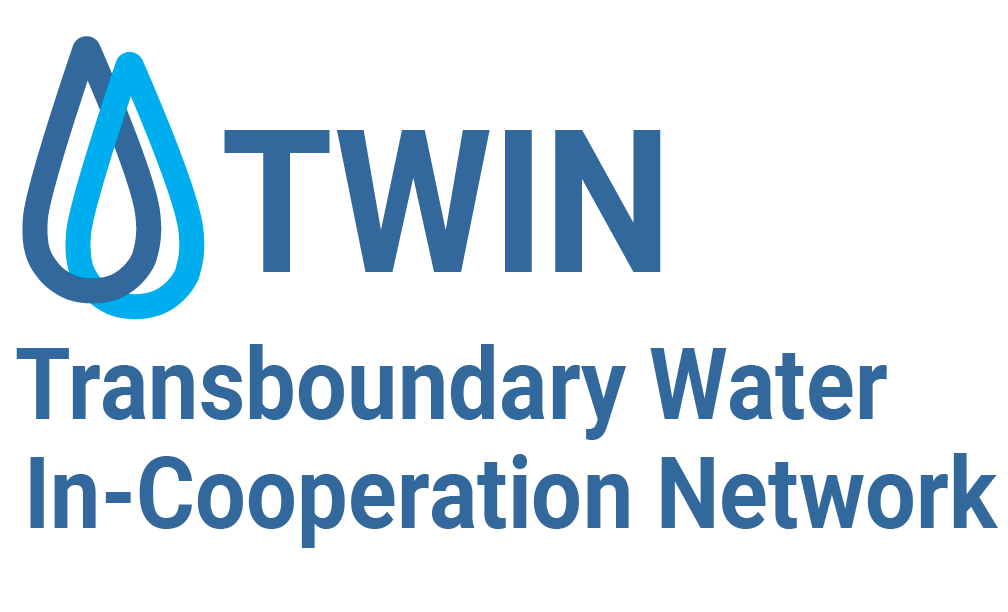Three-part Symposia: Securing Clean Water in Transboundary Indus, Jordan, Mekong and Amazon Basins through Science and Environmental Diplomacy
In partnership, Environmental Peacebuilding Association (ENPAX), the Institute for Environmental Diplomacy and Security (IEDS) at UVM, and the Transboundary Water In-Cooperation Network (TWIN) are hosting a three day event as part of the ENPAX Road to Geneva symposium. Participants will deliberate upon ongoing community-based science and environmental diplomacy approaches to identify cooperative, yet feasible scientific, technological, legal, and policy solutions for securing clean water within and across four transboundary river basins:
Indus (India, Pakistan, Afghanistan, China)
Jordan (Israel, Palestine, Jordan)
Mekong (China, Laos, Cambodia, Myanmar, Thailand, Vietnam)
Amazon (Ecuador, Brazil, Peru, Colombia, Bolivia, Guyana, Suriname, Venezuela).
Water shared across political boundaries can be a powerful avenue for peacebuilding. Empowering local communities to conserve ecosystem services and co-design water pollution mitigation solutions can enable sustainable transitions that benefit both people and nature.
The power of citizen science monitoring and transboundary governance creates a holistic positive feedback effect which can combat Track-1 formal diplomatic inertia in complex transboundary conflict zones. Our theory of change for enabling peace is that Track-2 (scientist to scientist) and Track-3(community to community) environmental diplomacy can leverage change by capitalizing upon the shared goals to conserve natural resources in conflict-ridden Social Ecological Systems.
June 8, 2021 8:30-10:30 AM (EST)
The first 2-hour meeting will focus on Track-3 themes pertaining to the state of the citizen/community science monitoring and transboundary governance mechanisms in the focal river basins.
June 16, 2021 8:30-10:30 AM (EST)
The second 2-hour meeting will focus on evaluating the current capacity of the basin-wide integrated watershed management models to monitor and predict hydro-climatic extreme events (e.g., floods, droughts) and regimes (e.g., glacial melt rates, poor water quality). The role of AI and satellite data in enabling continuous monitoring and prediction of extreme events will be part of the discussion in this second Track-2 themed meeting.
June 24, 2021 8:30-10:30 AM (EST)
The third 2-hour meeting will focus on identifying creative synergies and cooperative solutions for scaling up the implementation of science and environmental diplomacy approaches to secure clean water in conflict-ridden basins. The integration of scientific knowledge with community needs and knowledge will be the focus of this third meeting.
For more information as pre-registration is closed, please contact Dr. Asim Zia, Professor of Public Policy and Computer Science; Director, Institute for Environmental Diplomacy and Security, University of Vermont, 146 University Place, Burlington VT 05405 USA. Email: Asim.Zia@uvm.edu.


